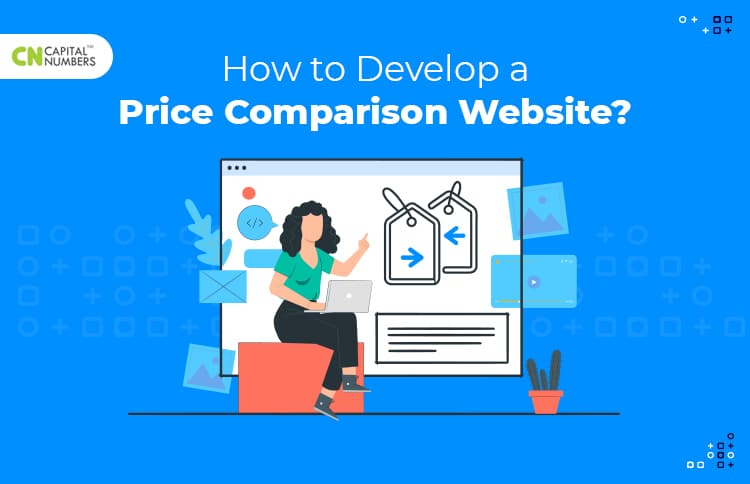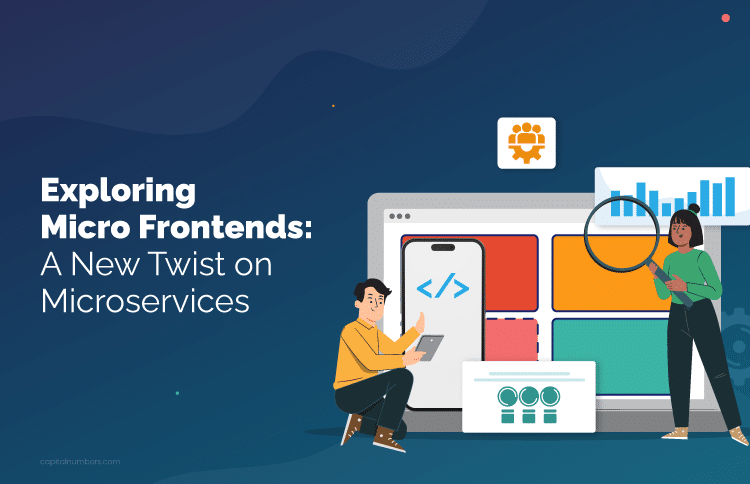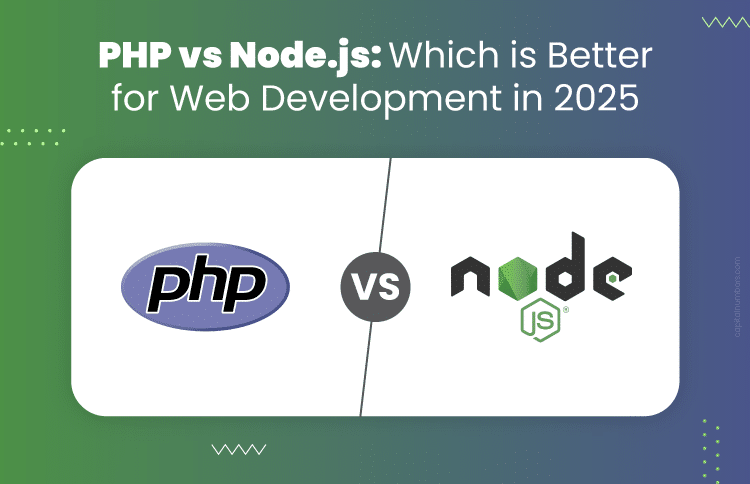How to Develop a Price Comparison Website?
Table of Contents
Around 80% of consumers use price comparison websites (PCWs) to find the best deals. These web-based aggregators help customers make some of the most affordable choices. Moreover, the website owners find new leads and get to boost conversions through these websites. What we observe here is that price comparison websites are a classic win-win situation for both the website owners and customers.
With the massive shifts in buying habits, businesses are now focusing on developing PCWs even more. Companies are tapping into the eCommerce growth trend to launch their PCWs to help customers with cost-effective options like budget hotels, low-cost flights, pocket-friendly eateries, etc.
Moreover, the COVID-19 pandemic has brought in a new wave of price-conscious shoppers who prefer comparison shopping rather than impulse buying. They want to get the complete picture by comparing product prices across multiple websites rather than get swayed by a single promotional email or an ad. This has led to the popularity of comparison portals a lot more.
If you, too, want to launch a well-defined price comparison portal, let us walk you through some of the key features that you need to incorporate into your platform.
Price Comparison Website Features
| Listings
Add a ‘Listings’ page to display a range of products along with their descriptions, prices, and seller names, in a listed format so that customers can quickly scan the list and compare deals to pick the best one that fits their budget. |
Searches and Filters
Include intelligent filtering options to help users sort products based on categories, features, ratings, prices, locations, etc., thereby narrowing down searches and improving the customer journey. |
Price Alerts
Use dynamic pop-ups or automated emails to trigger price drop alerts so that users feel encouraged to make purchases when the prices are low, which helps build loyalty. |
| Price History
Incorporate price history to help users analyze past prices, forecast price moves, and buy products based on ongoing trends. |
Reviews and Ratings
Add customer reviews to establish credibility and lead your potential buyers to develop a sense of trust and confidence towards your brand. |
Barcode and QR Scanners
Integrate barcode scanners so that users shopping in physical stores can scan codes and compare prices to shop online, which helps you win customers from in-stores to your comparison website. |
After you start working on the features, establish your data sources to populate your website. Here are some of the ways to populate your platform.
How to Gather Data for Your PCW?
| Integrating APIs
By integrating APIs from partner suppliers, you’ll be able to obtain extensive product and pricing data from multiple eCommerce stores that can take your comparison engine to a whole new level. |
Web Scraping
A real-time web scraper can help extract enormous data sets and update them automatically without requiring human intervention or cloud storage services. |
| Crowdsourcing
When it comes to developing a PCW for a small niche, crowdsourced data collection tools are perfect because they help gather verified data gleaned from the source in the most cost-effective way. |
On-demand Quoting
By incorporating web forms within your PCW, you can gather customer requests for quotes on services like Intellectual Property renewals, insurance policies, etc., and notify the providers to generate new quotes for the customers through the system. |
Once you’ve collected relevant data, examine your monetization options. Here are some of the ways you can go ahead with it:
How to Monetize Your Price Comparison Website?
| Commission
Earn referral commission from affiliate suppliers who’re featured on your site. |
Google Ads
Charge your advertisers for displaying their ads on the banner of your website. |
| Subscription
Request your supplier to pay a monthly or an annual fee for displaying X number of products on your site. |
Charge the User
Charge your users a membership fee to access specific features or facilities within your site. |
Remember that timing plays a crucial role in monetizing your PCW. If you monetize it too early, you could almost stifle the demand. On the other hand, if you monetize it too late, it may become difficult for you to charge for your service.
In a Nutshell
If you’re considering developing your comparison shop, implement the above solutions to win conversions.
Or, partner with us to craft a cutting-edge price comparison engine with appropriate monetization options at competitive prices – all without breaking a sweat.
We’ll help you treat your target audience to the top-notch price comparison experience they look for. Our savvy eCommerce experts will offer tailored solutions to create a comparison portal with integrated capabilities that can help your business stand out.
Let us know what your needs are through a FREE consultation today.














